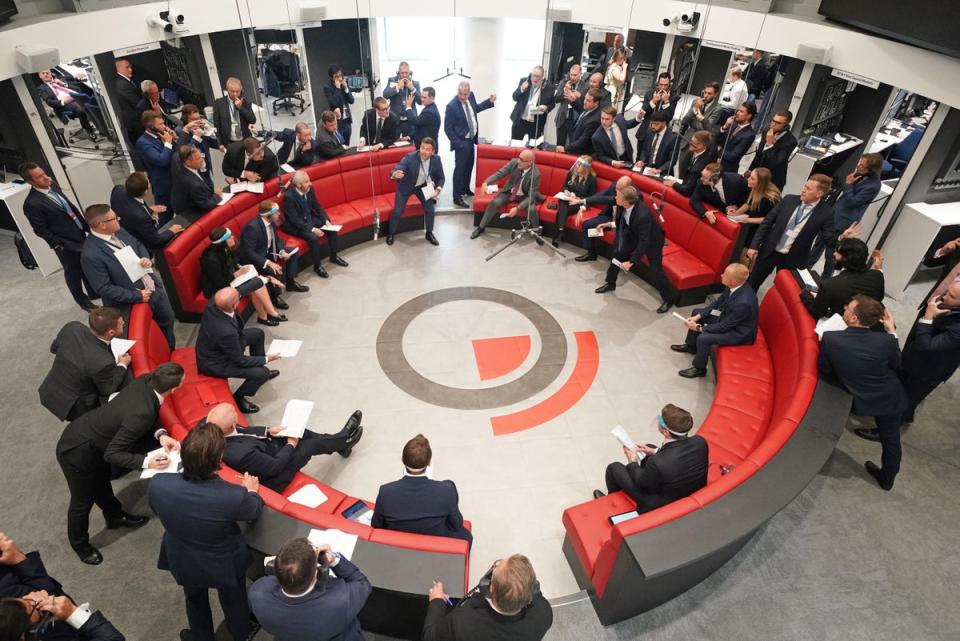London Metal Exchange faces probe into $4 billion chaos in nickel market

The way in which the London Metal Exchange handled a dizzying spike in the price of nickel last year is at the centre of an investigation opened by regulators today.
Controversy surrounded the LME’s decision to cancel trades worth around $4 billion (£3.3 billion) in the industrial metal after the price surged 250% in just 24 hours in March last year. Commodities markets were in chaos as investors reacted to the implications of sanctions against Russia and rising demand after the end of Covid restrictions.
The wild swing was thought to be part of a series of short trades introduced during Asian trading hours, when the number of trades can be lower and have more of an impact on prices.
The LME suspended trading for the first time in decades and then cancelled the trades. Industry figures said the move to ditch the contracts was, in effect, a bailout for major nickel producer Tsingshan Holding Group, although it also came to the rescue of a number of brokers. A series of hedge funds and other financial institutions stood to make millions in profit on the trades.
The Financial Conduct Authority said today that it had “opened an enforcement investigation into some of the LME’s conduct and systems and controls”.
According to a Bank of England review into the clearing operations of the LME, which runs the settlement of trades agreed on the exchange, there were “several shortcomings” in “governance, management and risk management capabilities”. The BoE called for the LME to “increase independence in management and governance” including with “wider risk management.”
Jennifer W. Han, chief counsel and head of global regulatory affairs at the Managed Funds Association, said: “Investor confidence in the LME was badly shaken by the crisis and must be rebuilt.
“Alternative asset managers require sound and predictable markets to deliver reliable returns for institutional investors such as pensions, especially during times of market volatility.”
The LME said it would cooperate with the FCA probe and that it would also “incorporate all additional findings” from the BoE’s “feedback”.
It also said that it was taking “active steps” to ensure nickel markets could operate smoothly, especially with the resumption of trading in the metal during Asian business hours due on March 20 this year.

 Yahoo Finance
Yahoo Finance 